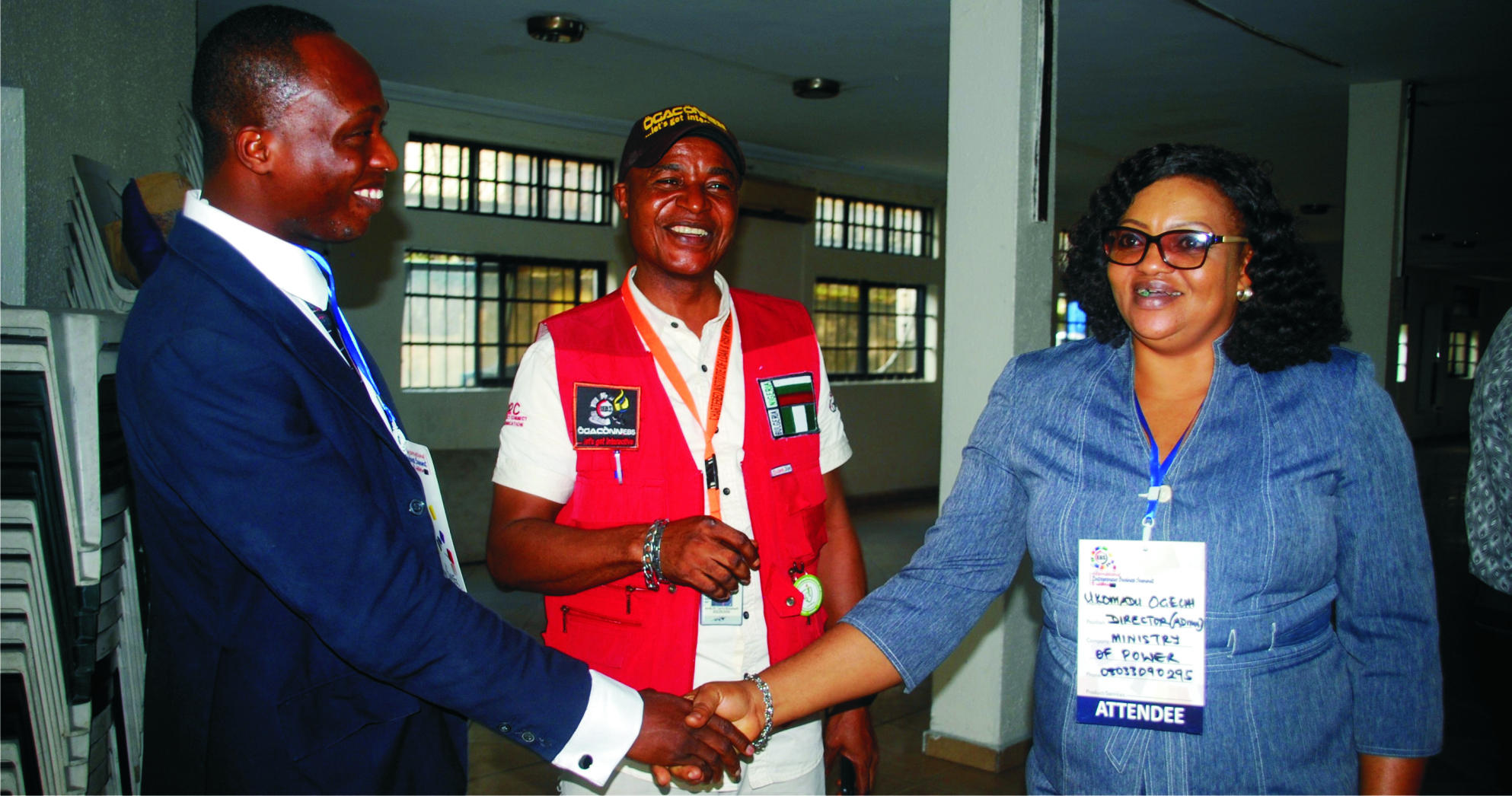Business
FG Orders NCC To Reduce Data Costs

The Federal Government has ordered the Nigerian Communication Commission(NCC) to work out modalities that will reduce costs of data for Nigerians.
The Minister of Communications and Digital Economy, Dr Isa Ali Pantami, gave the directive yesterday in Abuja, shortly after the new Executive Commissioner (Stakeholders Management) of the NCC, Barrister Adeleke Adewolu, was administered the oath of office.
Pantami said his office has been inundated with complaints from concerned Nigerians about the high cost of data being charged by telecommunication companies.
He told the management of the NCC led by its Board Chairman, Senator Olabiyi Durojaiye, to work out the modalities with other stakeholders that would lead to reduction in data cost in the next five working days.
The Minister said: “ I am urging the management of NCC to work towards reducing the price of data in Nigeria. It is too costly and people are complaining everyday.
“If you go to other countries, even countries that are not as largely populated as Nigeria, data prices are not this high. I am also a victim of some of the infractions that are so common in the industry. You load your data, but you barely used 20 per cent of it and the entire data is wiped off.
“The last time I commented on the issues of illegal data deduction, this is one of the issues that worries me badly today. Eng Wakil making a presentation on behalf of EVC, he tried to defend the operators on one hand and the commission on the other, but I was not fully convinced with the explanation.
“Please go, sit down and review that issue. It is very important and I want to get your feedback with that report in the next five working days with the decision on it because the complaint from Nigerians is beyond what I can handle. As it is today, people are complaining. And it happened to me I recharged my data line and used it, and I believe that what I used was not up to 20 per cent of what I purchased when it was wiped off, so that is an issue that is very important .
“I directed NCC to reduce the price of data downward as well, it is very important, go and look at other African countries that do not have population like ours, even 20 per cent of our population, go and see the price of data there. As a regulator, the main agenda of NCC is to protect the customers, our priority should be the interest of Nigerians.”
The Minister commended the NCC leadership for its achievements in the areas of five per cent broadband penetration and the de-activation of pre-registered and unregistered SIM cards, stating that they should go a step further by ensuring that penetration of 3G and 4G are expanded in Nigeria.
He urged the new board member to key into the programmes of President Muhammadu Buhari, which are anchored on fighting insecurity and corruption and lifting millions of Nigerians out of poverty as soon as possible.
Business
Kenyan Runners Dominate Berlin Marathons
Kenya made it a clean sweep at the Berlin Marathon with Sabastian Sawe winning the men’s race and Rosemary Wanjiru triumphing in the women’s.
Sawe finished in two hours, two minutes and 16 seconds to make it three wins in his first three marathons.
The 30-year-old, who was victorious at this year’s London Marathon, set a sizzling pace as he left the field behind and ran much of the race surrounded only by his pacesetters.
Japan’s Akasaki Akira came second after a powerful latter half of the race, finishing almost four minutes behind Sawe, while Ethiopia’s Chimdessa Debele followed in third.
“I did my best and I am happy for this performance,” said Sawe.
“I am so happy for this year. I felt well but you cannot change the weather. Next year will be better.”
Sawe had Kelvin Kiptum’s 2023 world record of 2:00:35 in his sights when he reached halfway in 1:00:12, but faded towards the end.
In the women’s race, Wanjiru sped away from the lead pack after 25 kilometers before finishing in 2:21:05.
Ethiopia’s Dera Dida followed three seconds behind Wanjiru, with Azmera Gebru, also of Ethiopia, coming third in 2:21:29.
Wanjiru’s time was 12 minutes slower than compatriot Ruth Chepng’etich’s world record of 2:09:56, which she set in Chicago in 2024.
Business
NIS Ends Decentralised Passport Production After 62 Years
Business
FG To Roll Out Digital Public Infrastructure, Data Exchange, Next Year
-
Sports4 days ago
CAFCL : Rivers United Arrives DR Congo
-
Sports4 days ago
FIFA rankings: S’Eagles drop Position, remain sixth in Africa
-
Sports4 days ago
NPFL club name Iorfa new GM
-
Sports4 days ago
NNL abolishes playoffs for NPFL promotion
-
Sports4 days ago
NSF: Early preparations begin for 2026 National Sports Festival
-
Sports4 days ago
Kwara Hopeful To Host Confed Cup in Ilorin
-
Sports4 days ago
RSG Award Renovation Work At Yakubu Gowon Stadium
-

 Politics4 days ago
Politics4 days agoRivers Assembly Resumes Sitting After Six-Month Suspension

